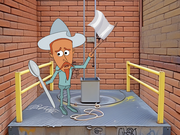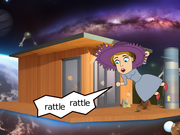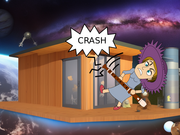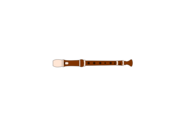where? / somewhere / anywhere / wherever / nowhere (negative answer to question) / humble expression denying compliment / also written 哪裡|哪里
where? / somewhere / anywhere / wherever / nowhere (negative answer to question) / humble expression denying compliment
lining / interior / inside / internal / also written 裏|里[li3]
li, ancient measure of length, approx. 500 m / neighborhood / ancient administrative unit of 25 families / (Tw) borough, administrative unit between the township 鎮|镇[zhen4] and neighborhood 鄰|邻[lin2] levels
surname Jing
classics / sacred book / scripture / to pass through / to undergo / to bear / to endure / warp (textile) / longitude / menstruation / channel (TCM) / abbr. for economics 經濟|经济[jing1 ji4]
to obtain / to get / to gain / to catch (a disease) / proper / suitable / proud / contented / to allow / to permit / ready / finished
structural particle: used after a verb (or adjective as main verb), linking it to following phrase indicating effect, degree, possibility etc
to have to / must / ought to / to need to
得
=
㝵
+
彳
:
Because Don Quixote kicked the genie's lamp from the rooftop of the Erechtheion as far as to inside of the Eiffel Tower, the genie demands Don Quixote to apologize. Inside of the Eiffel Tower, Don Quixote kowtows to the genie, who takes back the black sneakers he gave to Don Quixote earlier.
to rise / to raise / to get up / to set out / to start / to appear / to launch / to initiate (action) / to draft / to establish / to get (from a depot or counter) / verb suffix, to start / starting from (a time, place, price etc) / classifier for occurrences or unpredictable events: case, instance / classifier for groups: batch, group
of; ~'s (possessive particle) / (used after an attribute) / (used to form a nominal expression) / (used at the end of a declarative sentence for emphasis) / also pr. [di4] or [di5] in poetry and songs
one / single / a (article) / as soon as / entire; whole; all; throughout / "one" radical in Chinese characters (Kangxi radical 1) / also pr. [yao1] for greater clarity when spelling out numbers digit by digit
hammer / to hammer into shape / weight (e.g. of a steelyard or balance) / to strike with a hammer
(particle equivalent to 啊 after a vowel, expressing surprise or doubt)
呀
=
口
+
牙
:
Maud Younger (y) has an aching wisdom tooth. She attached a string to it and stands on top of the ashram (a5). At the other end of the string she attached a mandarin (口). When she throws the mandarin down the lighthouse, the string will pull out her aching wisdom tooth. It will hurt a little, so Maud is sure to say "哎呀" when the tooth is pulled.




